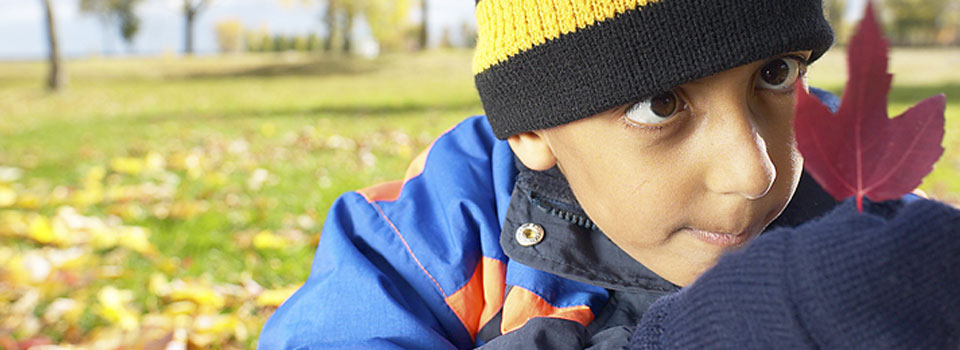Many researchers have identified a common theme in today’s society: Reduced contact between children and nature. Children who spend less time outdoors suffer more physical and behavioral problems. The adverse effects of nature-deficit disorder, a term used by Richard Louv to describe the symptoms of nature deprivation in his 2005 book “Last Child in the Woods,” may also influence the conservation ethos of the next generation.
Environmental education could help children from different gender, age and ethnic groups reconnect with the natural environment. However, the effects of environmental education on affective growth in an increasingly diverse society are poorly understood. A team of researchers led by Warnell Natural Resources Recreation and Tourism graduate student Lincoln Larson, assistant professor Gary Green and associate professor Steven Castleberry investigated the impact of an environmental education program on the environmental orientations of African-American, Hispanic and white children from the Athens area. The study was a collaborative effort involving many community organizations, including the State Botanical Garden of Georgia, the Athens-Clarke County Leisure Services Department, the Boys and Girls Club of Athens and the Clarke County Public Schools.
The researchers created a short survey based on existing instruments to measure children’s environmental attitudes and awareness. Ninety 6- to 13-year-olds participating in five-day environmental education summer camps took the survey. Camps were based on the State Botanical Garden’s Garden Earth Naturalist curricula, which help children understand many different services that nature provides. Participants were surveyed and interviewed before and after the one-week program to evaluate changes in environmental attitudes, awareness and knowledge. Pre- and post-camp surveys were compared to responses for a control group of 100 second to fifth-grade students from local schools.
Research results indicated that children 10 and older were less interested and less concerned about nature than their younger classmates. Minority children displayed lower levels of awareness and knowledge of environmental issues than white children. The environmental education summer camp addressed some of these disparities. The program had a positive effect on the attitudes of participants from all age and ethnic groups. The largest post-camp changes were observed in the environmental awareness and knowledge of African-American children. As support for legislation such as the No Child Left Inside Act makes environmental education a higher priority, new programs dedicated to raising environmental literacy could benefit from efforts to build and maintain positive environmental attitudes and awareness in underserved populations. The Warnell research team will continue to examine environmental education in the Athens area and beyond to identify strategies that promote positive outdoor experiences for children from all backgrounds.
